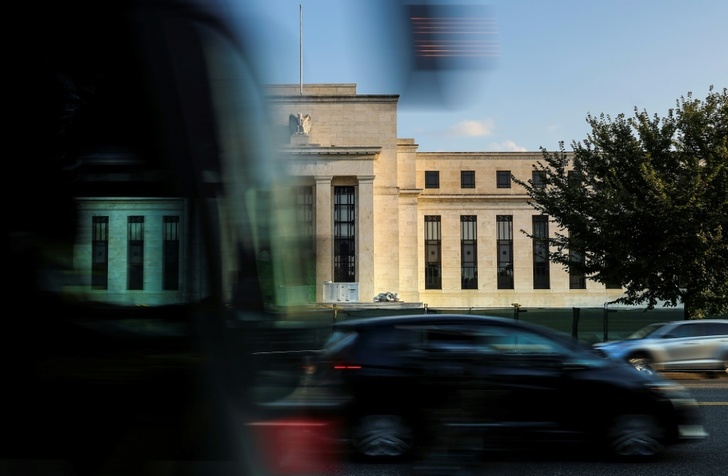US central bankers started their two-day policy meeting Tuesday with persistently high inflation backing expectations of another rate hike -- a fourth straight steep increase as price pressures fail to ease quickly enough.
American households are being squeezed by soaring consumer costs, which have picked up at the fastest pace in decades, prompting the Federal Reserve's aggressive campaign to cool the economy.
While many analysts expect the Fed to adopt another three-quarter point hike on its benchmark lending rate this week, all eyes are on signals that it could pivot to a less hawkish stance in the coming months.
Recent data suggests that the interest rate hikes are "gradually exerting a controlled economic cooldown," with consumption and business investment holding up amid slowing in the interest-sensitive housing sector, analysts at Moody's Investors Service said this week.
But for now, "pricing pressures are not slowing fast enough," Oanda analyst Edward Moya said, noting that the Fed's preferred inflation gauge is not yet cooling.
To raise borrowing costs and cool demand, the US central bank has already cranked up the benchmark lending rate five times this year, including three straight 0.75 percentage point raises.
With persistently high inflation and a tight labor market supporting wages and spending, analysts say another 0.75 point hike is almost certain at central bankers' next policy meeting.
This would bring the benchmark rate to a range between 3.75 percent and four percent.
The Fed's policy-setting Federal Open Market Committee (FOMC) is expected to announce its decision on Wednesday.
Federal Reserve Chair Jerome Powell's press conference after the meeting will be scrutinized for clues on how much further he thinks the Fed should go before it sees victory in the inflation fight.
Some officials have recently expressed concern about tightening policy too much, wanting to consider a slower pace of hikes, or pausing to assess the impact of current moves, analysts said.
But the Fed "needs to see inflation decline more materially" before shifting to a slower pace of hikes, meaning changes will likely depend on upcoming consumer price data this month, said Stephen Innes of SPI Asset Management.
bys/sw
© Agence France-Presse
Your content is great. However, if any of the content contained herein violates any rights of yours, including those of copyright, please contact us immediately by e-mail at media[@]kissrpr.com.
Source: Story.KISSPR.com

